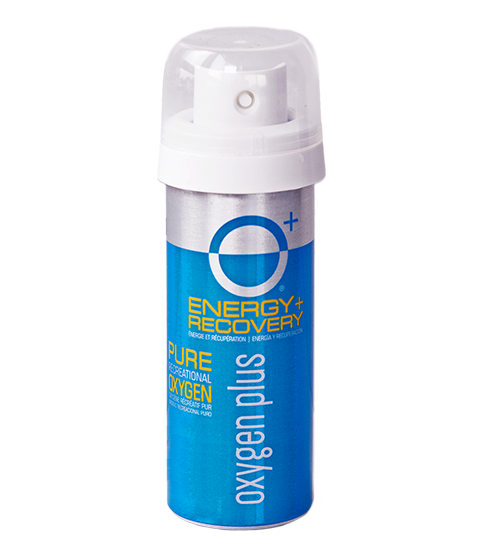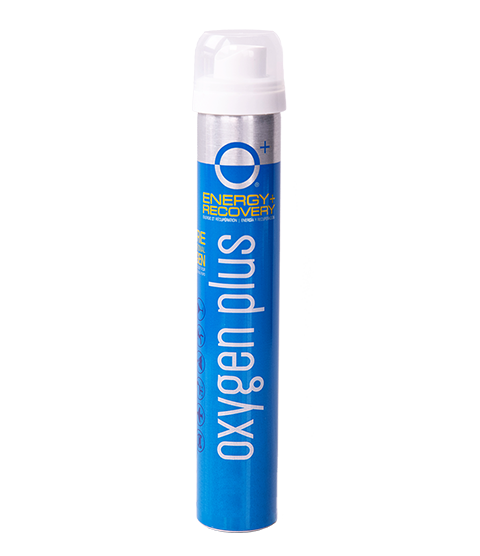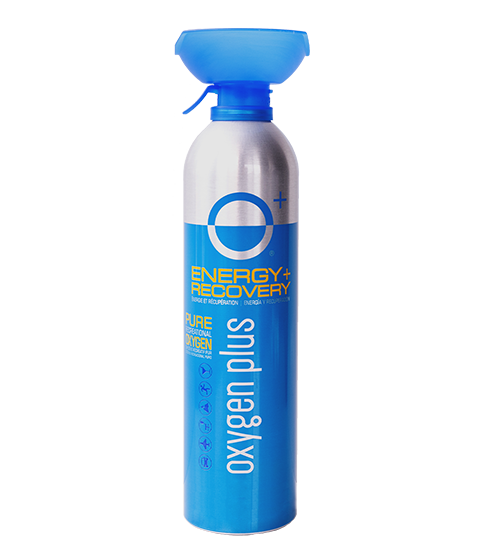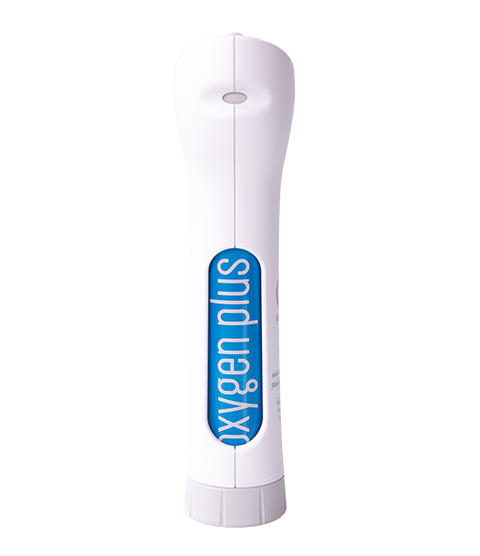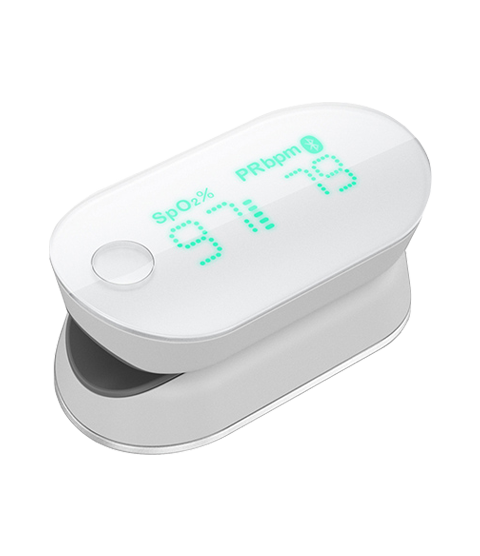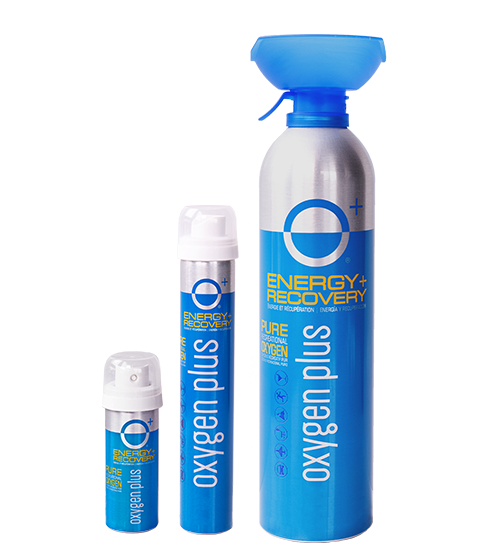Your Cart is Empty
Supplemental Oxygen for Poor Air Quality and Pollution
Many American and international cities suffer from poor air quality, air pollution is often identified by the visibility of 'brown' air. However, harmful levels of pollutants can be present even in clear conditions. There are many causes of bad air quality, both indoors and outdoors, which can contribute to reduced oxygen levels and associated symptoms of depleted oxygen levels. Each breath of O+ pure oxygen revives your oxygen levels to normal, healthy levels, so you can feel like your best you again.
Discover the Air Quality Index (AQI) of any U.S. city at Air Now: www.airnow.gov.
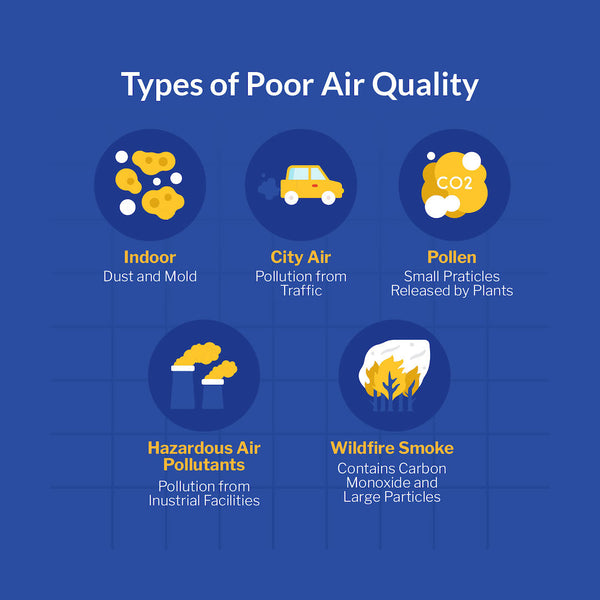
Causes of Poor Air Quality
Indoor Air Quality
Indoor air quality includes the air quality within and around buildings, especially as it relates to the health and comfort of building occupants. Poor indoor air quality can cause or contribute to the development of allergies, asthma, headaches and other respiratory illnesses. Common causes of bad indoor air quality include dust mites, mold spores, pet dander, volatile organic compounds (VOCs), and carbon monoxide as well as other forms of mold.
Outdoor and City Air Quality
City air quality is the concentration of various pollutants in the air of a city or urban area. Common city air pollutants include nitrogen dioxide, sulfur dioxide, ozone, particulate matter, lead and carbon monoxide. These can be caused by burning fossil fuels for energy production or transportation purposes, and can lead to respiratory illnesses, such as asthma. Smog and scoot are the most common air pollutants found in cities, and can be caused by vehicle exhaust or industrial activities.
Wildfires
Wildfires have been increasingly contributing to health risks each year. Wildfires release smoke and other pollutants into the air, which can cause respiratory illnesses and other health problems. Wildfire smoke can travel big distances that pollute areas even where there are no active wildfires. Wildfire smoke pollution can cause an array of direct short term as well as long term health damage.
Hazardous Air Pollutants
Hazardous air pollutants (HAPs) are chemical compounds that are known or suspected to cause cancer or other serious health effects, such as birth defects, genetic mutations and reproductive harm. Common sources of hazardous air pollutants include industrial facilities, vehicle emissions and wood burning stoves. Examples of such pollutants include benzene, formaldehyde, mercury, polycyclic aromatic hydrocarbons (PAHs) and styrene.
Pollen
Pollen is a fine powdery substance produced by plants in order to reproduce. Pollen can be spread by wind or insects and can cause allergic reactions in some people, such as hay fever. Pollen can also become an air pollutant if the concentration is high enough to cause health effects.
How Can Poor Air Quality Hurt Health?
Poor air quality can have serious consequences for human health, including an increased risk of developing various illnesses and diseases. Here are the top five health problems caused by air pollution:
Respiratory Illnesses and Lung Damage
Air pollution can cause a variety of respiratory illnesses, such as asthma and chronic bronchitis. These illnesses can be triggered or worsened by exposure to air pollution, and can lead to significant health problems over time.
Heart Disease
Air pollution has been linked to an increased risk of developing heart disease, due to the toxic particles/chemicals that are inhaled into the lungs. Long-term exposure to polluted air can damage the lining of the arteries and cause inflammation, which increases one's risk of developing heart disease.
Cancer
Air pollution can contain various carcinogenic substances, including benzene and formaldehyde. These substances have been linked to an increased risk of developing cancer, especially in people who are exposed to them for long periods of time.
Neurological Disorders
Exposure to high levels of air pollution has been linked to an increased risk of developing neurological disorders, such as Parkinson’s and Alzheimer’s disease. This is due to the fact that air pollution contains chemicals that can damage the brain.
Pregnancy and Developmental Problems
Exposure to air pollutants during pregnancy can increase the risk of developmental problems in the baby, such as low birth weight, learning disabilities, and other lasting abnormalities that can persist into adulthood.
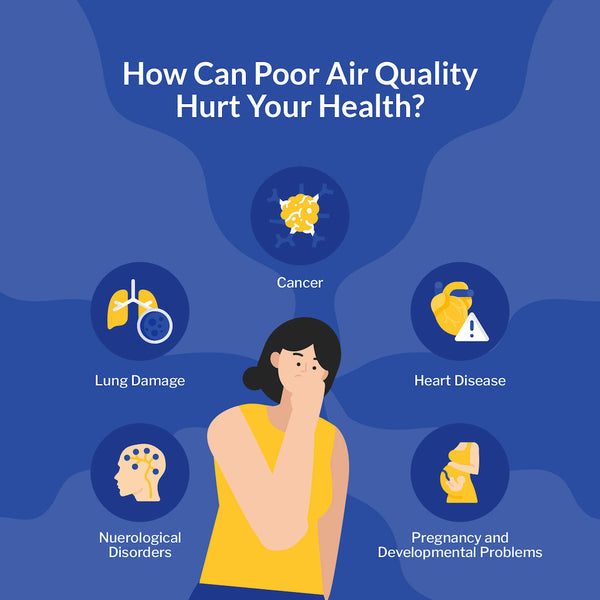
How Can Mitigate My Exposure To Bad Air Quality?
Breathe supplemental oxygen can help replenish your lungs with healthy levels of oxygen, making you feel ready to combat the symptoms of bad air quality. Breathing Oxygen Plus (O+) helps to restore the body’s depleted oxygen levels to normal, healthy levels. The active ingredient in Oxygen Plus is pure recreational oxygen. Filled in a clean room environment with 99.5% Aviator Breathing Oxygen, O+ is delivered at more than five times the concentration of oxygen found in unpolluted, ambient air.
Benefits of Breathing Supplemental Oxygen from Oxygen Plus
- Stay more alert behind the wheel
- Diminish your exposure to stale and polluted air
- Reduce feelings of drowsiness and fatigue
- Lessen the exposure to pollutants like exhaust fumes and other poor indoor and outdoor air
- Increase energy and stamina
The O-Stick is a refillable, reusable oxygen-dispensing shell with one (1) starter O+ Refill – a great option to keep in your backpack or desk at home or work. The more compact – and 100% recyclable after use – O+ Skinni is a great option for outdoor sports. Keep the O+ Skinni in your purse or pocket when you’re on the go. Both portable oxygen canisters contain more than 50 deep breaths of pure recreational oxygen from the pioneer and leader of recreational oxygen canisters.
Supplemental Oxygen for Poor Air Quality
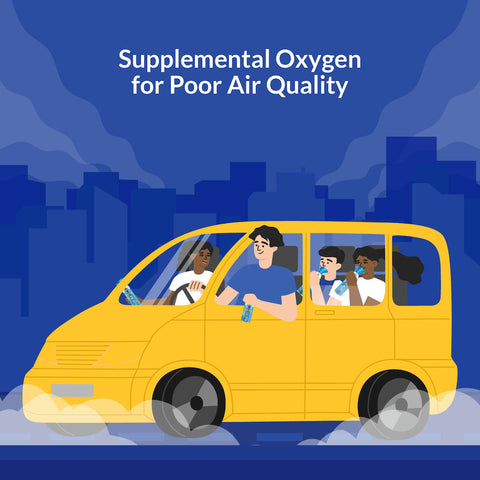
As poor air quality is increasing, especially in cities, it is important to take steps towards protecting yourself against these pollutants and help your system combat any health problems that may come as a result of these pollutants. While not a full solution to combating the effects of breathing bad air, Oxygen Plus products can help alleviate the effects of fatigue associated with less than ideal air quality, leaving you feeling more replenished around poor air quality – at work, home or on the go.
Elevate Your IQ:
Many American cities suffer from poor air quality. There are also many international cities where air quality is compromised. Air pollution is often identified by the visibility of 'brown' air, however, harmful levels of pollutants can be present even in clear conditions. Each breath of O+ oxygen diminishes a user's exposure to air pollution. Find out the Air Quality Index (AQI) in any U.S. city here: www.airnow.gov.
See faqs and oxygen research for more on oxygen, alertness and pollution.

